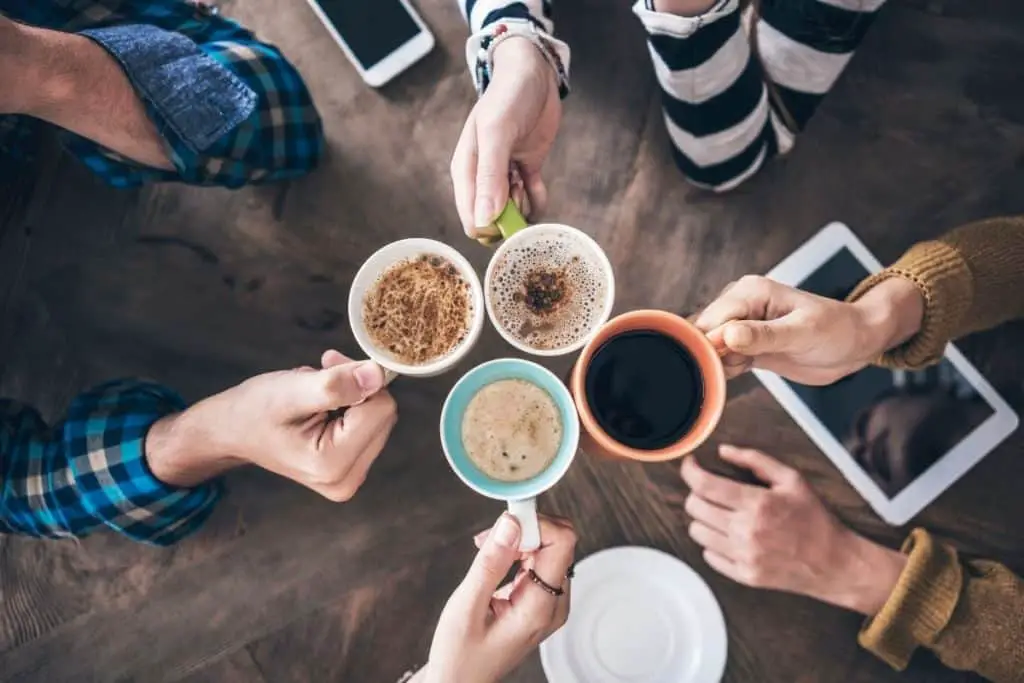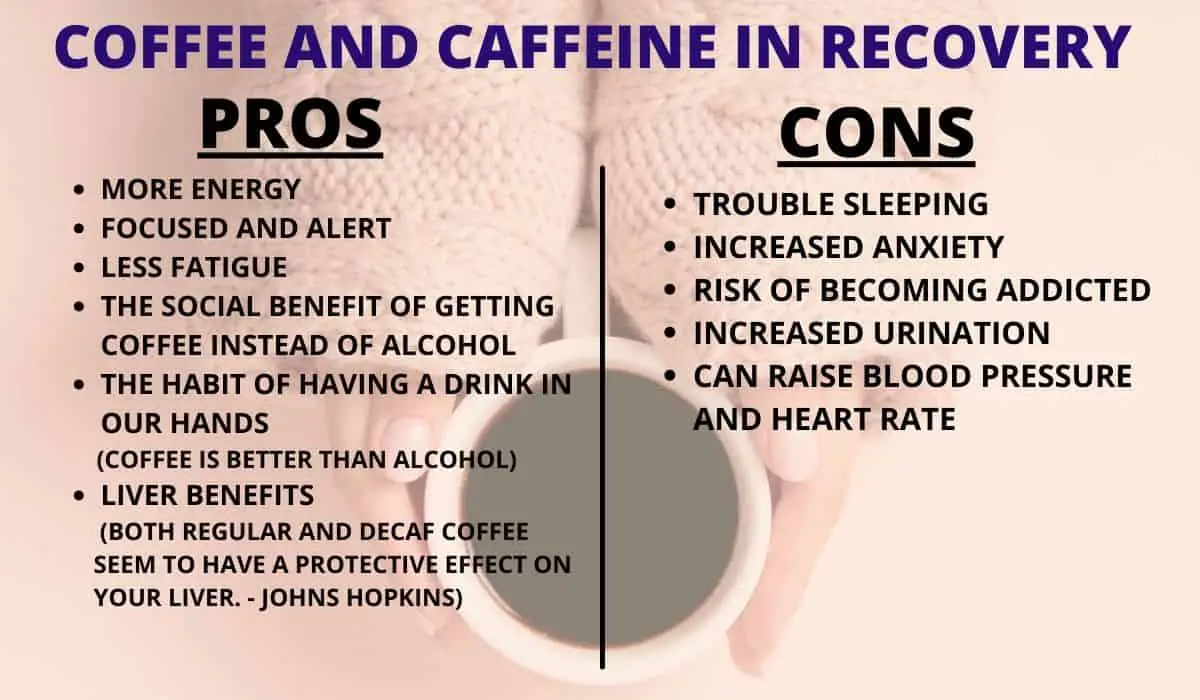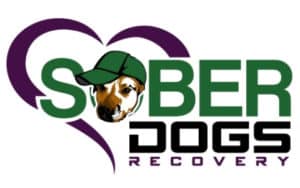If you walk into any of the 118,000 A.A. groups around the world, one thing you can be sure of, there will probably be coffee pots at every one of those meetings. The other staples you will find in the recovery world are nicotine and sugar. If you drive by any 12-step meeting (A.A., N.A., H.A., C.A., O.E.A., G.A., Etc) before the meeting starts and you will see people outside smoking a cigarette or vape with a cup of coffee. Inside there will typically be a table with cookies, pastries, or some other sugary treat to snack on. Recovery and caffeine seem to go hand in hand but why?
Why Do Addicts and Alcoholics Love Coffee (Caffeine)?
Early recovery is often a time when our bodies and mind are fatigued, tired, confused, and in an overall state of confusion. To combat fatigue many people in recovery turn to coffee or other caffeinated beverages. Our brains and bodies are trying to return to a state of equilibrium without drugs and alcohol. We used drugs and alcohol for our energy during addiction, now our bodies need time to repair and caffeine helps give people that extra boost for the day to get daily tasks done.
Research has shown the same alkaloid compounds that are commonly found in chocolate are also found in alcohol. Alcohol consumption causes an increase in insulin secretion, which leads to low blood sugar (hypoglycemia). This is thought to be the reason why alcoholics in recovery crave sugar. They often get their sugar in the form of a coffee with a lot of sugar and creamer.

As people progress out of the early recovery stages they continue to drink coffee and use nicotine because it has now become a habit and part of their routine.
Early Recovery Energy Drain
It’s very rare for a person in early recovery to feel great. Typically people in early recovery from drugs and alcohol are in a mental and physical state of disarray. The person may have been using alcohol and drugs on a daily basis for the past 2 decades and now their body is in a total state of chaos. This is going to cause a huge energy drain. On top of the physical turmoil is the emotional tornado going through our brains in early recovery. Coffee and other caffeinated beverages are an easy and accessible way to get that energy boost during recovery.
When we combine the physical and mental exhaustion of early recovery, coffee and other caffeinated beverages seem like the perfect answer to get that energy boost to get through the day.
Is Coffee and Other Caffeinated Beverages Healthy During Recovery?

When looking at the pros and cons of caffeine consumption in recovery most people agree the pros outweigh the cons. Coffee is a staple for most people, whether they’re in recovery or not.
According to the NCA (National Coffee Association) – 7 in 10 Americans drink coffee every week; 62% drink coffee every day.
It’s no surprise many people in recovery had coffee or caffeine habits prior to their addictions and continue on with this habit during their recovery.
Substituting Addictions
People in recovery are often accused of substituting addictions. You may have heard someone say “He used to drink all day, now he’s addicted to coffee and those meetings”. There is truth to this statement but this is where harm reduction comes into play. In the grand scheme of things being addicted to A.A. meetings and caffeine is better than heroin, alcohol, cocaine, or meth.

Part of the harm reduction model is accepting and allowing people to work on their addictions over time. If someone can choose the “lesser of 2 evils” it’s a step in the right direction. Calling coffee and caffeine evil is a stretch, when consumed in moderation coffee has minimal to no health consequences, if anything it has health benefits. Choosing caffeine over alcohol is a substantially positive change. As noted above, this doesn’t mean caffeine has no negative consequences and is completely safe to consume in large amounts, but it’s better than alcohol and drugs.
Sources:
https://www.hopkinsmedicine.org/health/wellness-and-prevention/9-reasons-why-the-right-amount-of-coffee-is-good-for-you
https://www.drinkaware.co.uk/facts/health-effects-of-alcohol/effects-on-the-body/alcohol-and-sugar
https://www.ncausa.org/Newsroom/NCA-releases-Atlas-of-American-Coffee
Articles
A common question many people in recovery from drugs get asked is "Why can't you have a drink?" or "If alcohol wasn't your drug of choice why can't you drink?". Everyone has their own path in...
A person in active addiction will do things that cross their own moral boundaries. On the inside, they will feel guilty and ashamed of what they are doing but the pull of addiction and the crippling...


